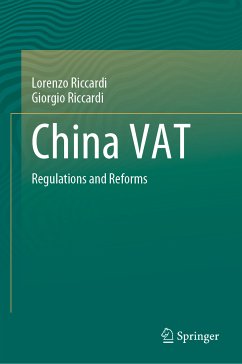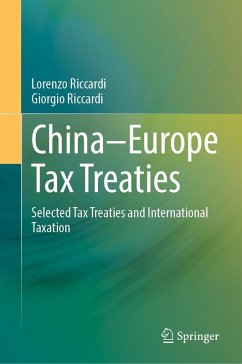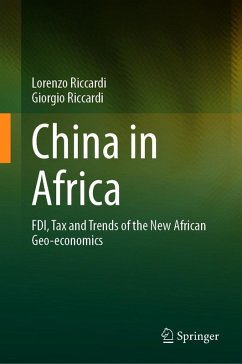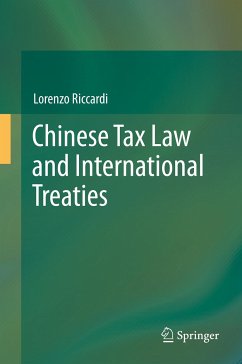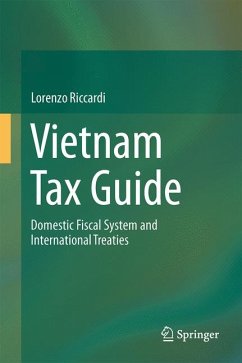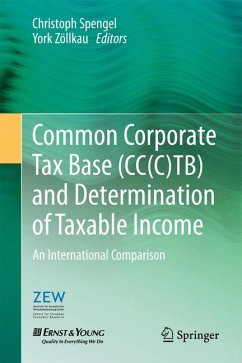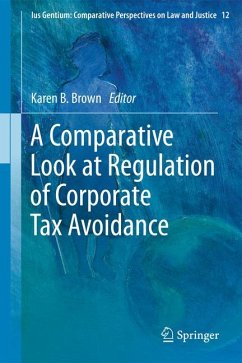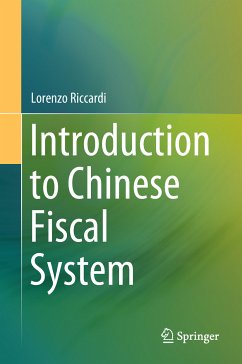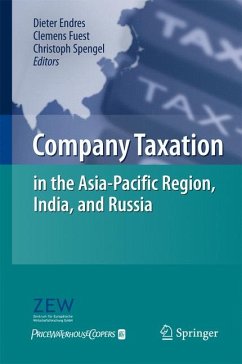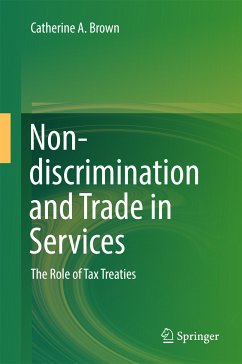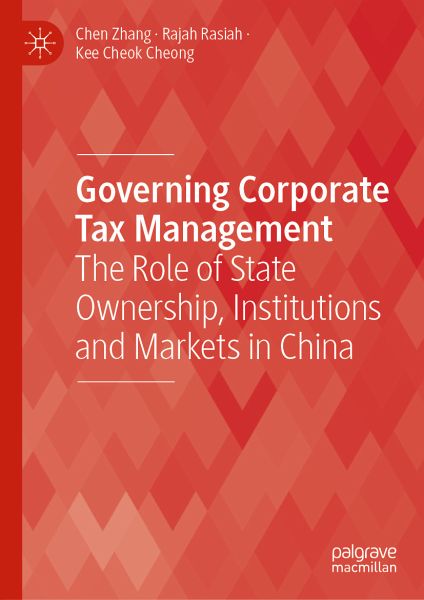
Governing Corporate Tax Management (eBook, PDF)
The Role of State Ownership, Institutions and Markets in China
Versandkostenfrei!
Sofort per Download lieferbar
64,95 €
inkl. MwSt.
Weitere Ausgaben:

PAYBACK Punkte
32 °P sammeln!
This book focuses on corporate sector development in the context of transition economies, such as China. In doing so, the book uses quantitative methods to test several hypotheses that are salient to the Chinese economic situation. Topics covered in the book include the relationship between tax management and firm performance, the extent to which a short-term focus on tax management can lead to long-term vulnerabilities, the impact of government ownership on tax management impact, and the link between the co-evolution of marketization and corruption, and institutional change and tax management...
This book focuses on corporate sector development in the context of transition economies, such as China. In doing so, the book uses quantitative methods to test several hypotheses that are salient to the Chinese economic situation.
Topics covered in the book include the relationship between tax management and firm performance, the extent to which a short-term focus on tax management can lead to long-term vulnerabilities, the impact of government ownership on tax management impact, and the link between the co-evolution of marketization and corruption, and institutional change and tax management.
With that the book offers rich empirical evidence to examine tax management, firm performance and corruption in a broad context, while permitting comparison between the Chinese experience and the market economies.
Dieser Download kann aus rechtlichen Gründen nur mit Rechnungsadresse in A, B, BG, CY, CZ, D, DK, EW, E, FIN, F, GR, HR, H, IRL, I, LT, L, LR, M, NL, PL, P, R, S, SLO, SK ausgeliefert werden.
Alle Preise in Euro und inkl. der gesetzl. MwSt. | Innerhalb Deutschlands liefern wir preisgebundene Bücher versandkostenfrei. Weitere Informationen: bitte hier klicken
Support
Bitte wähle dein Anliegen aus:
Rechnungen
Bestellstatus
Retourenschein
Storno



